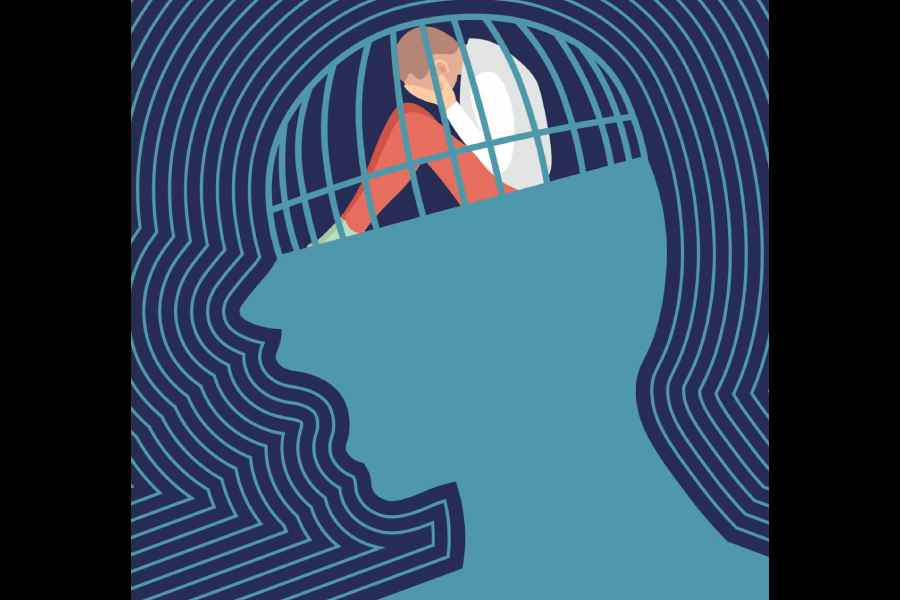Student suicides from marginalised communities have become the order of the day, renewing the focus on mental health in India’s educational institutions. The institutional response to student suicides is almost always a demand for the appointment of counsellors. But when counsellors articulate mental health through psychiatric diagnosis and individualised interventions, they often result in the pathologisation of natural reactions to discrimination. Consequently, suicides are dubbed as individual problems whose solution resides within one’s mind, eclipsing structural violence and human rights violations. For instance, the Indian Institute of Science, Bengaluru restricted students’ movement on terraces and removed ceiling fans in the hostel based on the advice given by mental health professionals. The attribution of the cause of suicide to mental disorders or other ‘personal weaknesses’ obscures this institutional violence.
The distress, difficulties and disabilities, ranging from poverty and disenfranchisement to discrimination and invalidation on the basis of caste, class, religion, gender, and sexual orientation, that are at the root of adverse psychosocial circumstances are rarely brought to light by counsellors. The everyday lives of minority groups or of marginalised sections are often characterised by experiences of shame and exclusion that are powerful determinants of mental health. In my clinical practice, I have encountered people who quit education because of mockery and humiliation for being queer or fat. In professional educational institutions where students gain admission through competitive entrance examinations, discrimination takes a myriad forms. Students from the reserved categories, those who get low ranks or lack proficiency in English, are often bullied and ridiculed. These experiences are powerful enough to make students’ lives unlivable.
However, these stories seldom enter awareness campaigns on mental health at educational institutions. Instead, the focus rests on identifying psychiatric symptoms and scaling up mental health services, undermining the need for transformative socio-structural changes and social justice. In this way, counsellors act as political agents of the institution by aligning mental health discourses with institutional explanations of suicide that begin and end with minds and their pathologies.
The American Psychological Association and the American Psychiatric Association tendered public apologies in 2021 for instituting racism and human hierarchy among their professionals. In India, the Madras High Court had to intervene to ban the brutal conversion therapy practised by some mental health professionals on LGBTQIA+ people. Such complicity sugarcoats suffering while producing markets for the burgeoning mental health industry.
Campus counsellors must introspect on, observe and document the ethics, politics and dynamics of psychological disciplines and the practices of silencing in mental healthcare systems and educational institutions. Mental health is a political issue: shying away from the analysis of power that affects people’s lives is an act that serves the purpose of the oppressors. It is the fundamental duty of mental health professionals to make meaning of difficult experiences and employ every resource at their disposal to alter adverse social circumstances and break the vicious cycle between social adversities and mental distress.
Sudarshan R. Kottai is Assistant Professor, Department of Humanities and Social Sciences, Indian Institute of Technology Palakkad and Distinguished Fellow, Centre for Equity Studies, New Delhi










